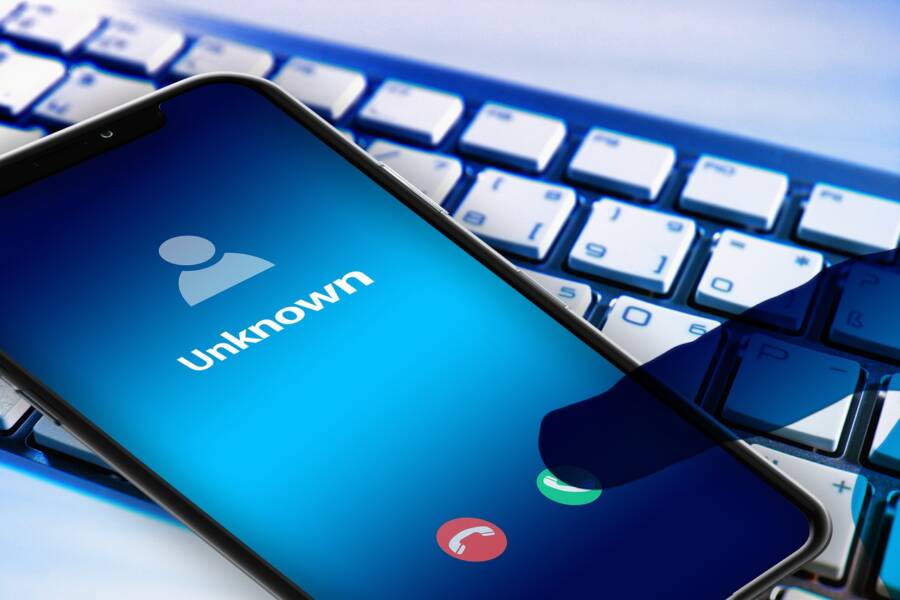Unknown phone numbers create common dilemmas in daily life. Whether receiving calls from unrecognized numbers or verifying contact information before important communications, identifying who’s behind a phone number provides valuable context. TruthFinder’s reverse phone lookup feature addresses this need by revealing ownership information for phone numbers through public records searches.

TruthFinder’s reverse phone lookup compiles information associated with phone numbers from various public sources. Users simply enter the complete phone number, and the platform searches its extensive database to create a detailed report about the number’s owner and history.
How Reverse Phone Lookup Works
The reverse phone lookup process begins when users enter a complete phone number into TruthFinder’s search interface. The platform then searches telecommunications records, public directories, and other data sources to identify information linked to that number.
Reports typically include the registered owner’s name, current and previous addresses, and potentially additional contact information. Many reports also reveal connections to social media profiles and other online accounts associated with the phone number owner.
For mobile numbers, reports sometimes include carrier information and general location data based on area codes and prefixes. While this doesn’t provide real-time location tracking, it offers context about where the number originated and which telecommunications company services it.
According to TruthFinder’s website, the platform searches through “REAL police records” and court documents to provide comprehensive information about phone number owners, including potential criminal records associated with the individual.
Practical Applications for Everyday Situations
Reverse phone lookup provides practical solutions for common situations. When receiving missed calls from unknown numbers, TruthFinder helps determine whether the call came from legitimate businesses, personal contacts, or potential telemarketers before deciding whether to return the call.
Online marketplace users frequently employ reverse phone lookups before meeting sellers or buyers in person. Verifying that a marketplace participant’s phone number matches their claimed identity helps prevent potential scams and ensures safer in-person transactions for platforms like Facebook Marketplace or Craigslist.
Dating app users sometimes verify phone numbers received from potential dates. This additional verification step confirms that contact information matches the person’s claimed identity, providing extra security before sharing personal details or arranging meetings.
When moving to a new area, reverse phone lookup can help identify local businesses and service providers based on phone numbers found in community resources. This helps newcomers distinguish between legitimate local services and potential scam operations using local area codes.
Family members caring for elderly relatives sometimes use reverse phone lookup to identify frequent callers appearing on phone bills. This helps identify whether these regular contacts represent legitimate relationships or potential fraud attempts targeting vulnerable individuals.
Identifying Potential Scams and Unwanted Calls
Scam calls and telemarketing attempts often originate from recognizable patterns of numbers. TruthFinder’s reverse phone lookup helps identify numbers associated with reported scams or telemarketing operations, allowing users to avoid engaging with problematic callers.
If a phone number appears frequently on a family member’s phone records, reverse phone lookup can provide insights about who they’re communicating with regularly. This proves particularly valuable for parents monitoring children’s communications or family members concerned about elderly relatives potentially targeted by scammers.
TruthFinder reports may reveal if a phone number has been associated with multiple different owners over short time periods, which sometimes indicates disposable numbers used for scam operations. This pattern recognition helps identify potentially fraudulent communication attempts before engaging with unknown callers.
Reverse phone lookup can sometimes identify whether calls originate from legitimate businesses or individuals impersonating established organizations. This verification helps protect against common impersonation scams targeting financial information or personal data.
Using Reverse Phone Lookup Responsibly
While reverse phone lookup provides valuable information, responsible usage remains important. The service should not be used for stalking, harassment, or illegal activities. TruthFinder’s terms of service prohibit using the platform for unauthorized surveillance or activities that violate others’ privacy rights.
TruthFinder’s reverse phone lookup feature operates within legal boundaries and cannot be used for purposes governed by the Fair Credit Reporting Act, such as employment screening or tenant verification. The service focuses specifically on personal information needs rather than professional or financial decisions.
Users should approach discovered information with appropriate context understanding. Phone numbers sometimes transfer between owners, and information might occasionally be outdated or incomplete depending on public records availability for certain numbers.
According to legal experts, using services like TruthFinder for personal background checks, including reverse phone lookups, is completely legal as the service simply aggregates information from public records. However, users must still respect privacy boundaries when using discovered information.
According to TruthFinder’s website, subscriptions provide access to unlimited searches, allowing users to research multiple phone numbers as needed. This comprehensive access helps address ongoing communication security concerns rather than just one-time verification needs.
TechnologyHQ is a platform about business insights, tech, 4IR, digital transformation, AI, Blockchain, Cybersecurity, and social media for businesses.
We manage social media groups with more than 200,000 members with almost 100% engagement.








































